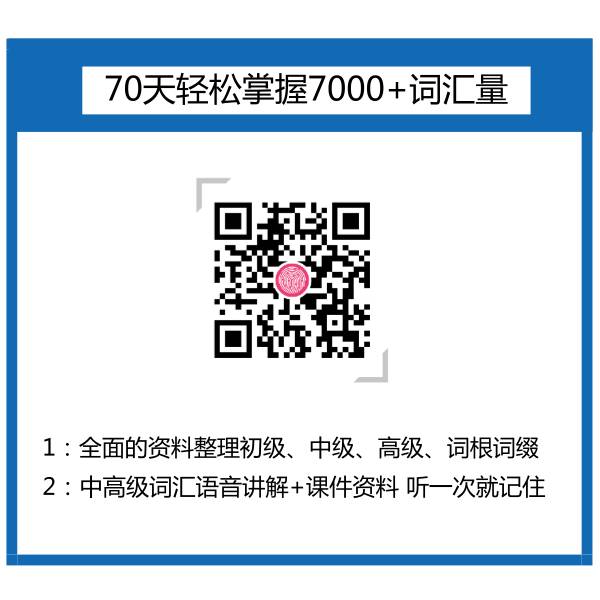In English learning, we often encounter the word can. But is can only used to mean “to be able to”? Today, we will summarize all the uses of the word can.
1. As a Modal Verb
1. To express ability or possibility: can, be able to
I can swim very fast.
2. To express knowledge of how to do something: know how to, can
She can speak English.
3. Used with verbs like feel, hear, see, smell, taste
We can see beautiful flowers there.
4. To express permission: may
If you need, you can use my car.
5. To request permission: may
Can I use your bike?
6. To request help: can
Can you help me with this problem?
7. Used in negative sentences to express certainty that something is not true
That can’t be Lucy. She is in the mall.
8. To express confusion or surprise: what could, could it be
What can they be doing?
9. To express habitual actions and situations: sometimes can
The little boy can be careless sometimes.
10. To make a suggestion: can
If you like, we can see a film there.
11. To express something the other person must do (when angry): must
You can shut up or get out.
2. As a Noun
1. Metal container: a can of beans
2. A can: a can of Coke
3. Metal or plastic container for liquids: an oil can
4. A cell or toilet: the can (only in singular)
3. As a Verb
1. To preserve (food) in a can
2. To let someone go, to fire someone
In daily learning, we rarely encounter the uses of can as a noun or verb, but we should be familiar with its meanings and usages to master and apply them flexibly!
Learn vocabulary with Put English Micro Courses, say NO to rote memorization!
Learn how to use roots and affixes, use associative memory, distinguish similar shapes, and understand homophones to memorize words simultaneously, expanding vocabulary based on situational dialogues, English idioms, and encyclopedic knowledge.Master over 7000 words in 2 months!

What are you waiting for? Join Put membership and start memorizing words together!
Only 169 a year, and you can listen to 10 other courses for free.

Click Read the Original to purchase Put membership.